Giggle case serious test of biological reality of women
A trans woman blocked from joining a female-only social app is taking the case to the Federal Court. The outcome could have far-reaching implications.
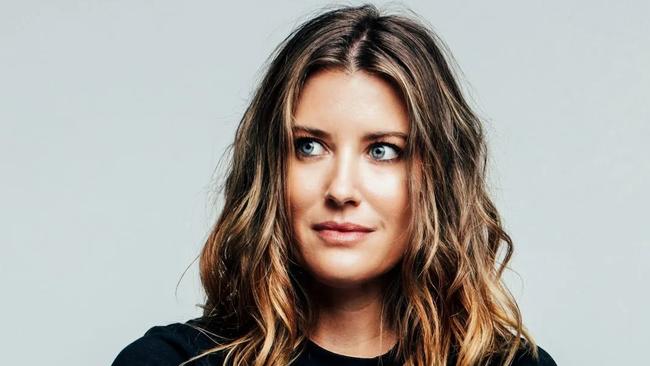
Tickle has undergone gender-affirming surgery and has a Queensland birth certificate affirming female legal identity, and the Australian Human Rights Commission is the principal intervener. This case is very important because it could go to the High Court. Thus, it has far-reaching potential for sex discrimination law.
The story so far is as follows: Grover, an ambitious young business woman from Queensland, started an app called Giggle, designed for girls and women to connect, to find friends, flatmates, travelling companions and perhaps exchange tips on anything from pregnancy to makeup and fashion, whatever, “girly” sort of things, as the name “Giggle” would imply. What man would possibly be interested? Think again.
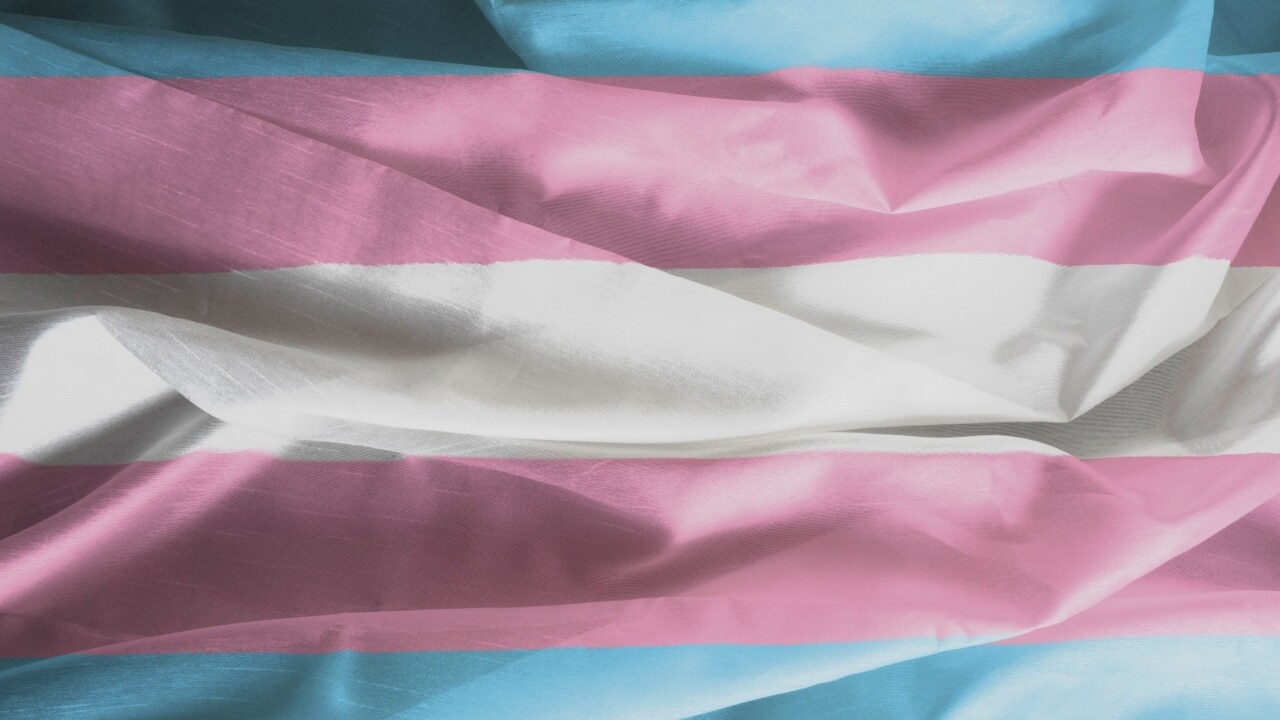
Grover found herself the subject of a complaint to the AHRC by Tickle, who claimed discrimination on the basis of gender identity because Grover does not want anyone not biologically female on the app. At first, this was to protect women’s privacy. Grover had not thought about transgender persons. She was told she could resolve the complaint but in order to do so she must submit to “sex and gender re-education”, and to allow all males who identify as women on to the app. In other words, the “conciliation” process would begin at the point where she gives in to the complaint. She refused. Hence, she and the complainant, backed by the AHRC, find themselves in the Federal Court.
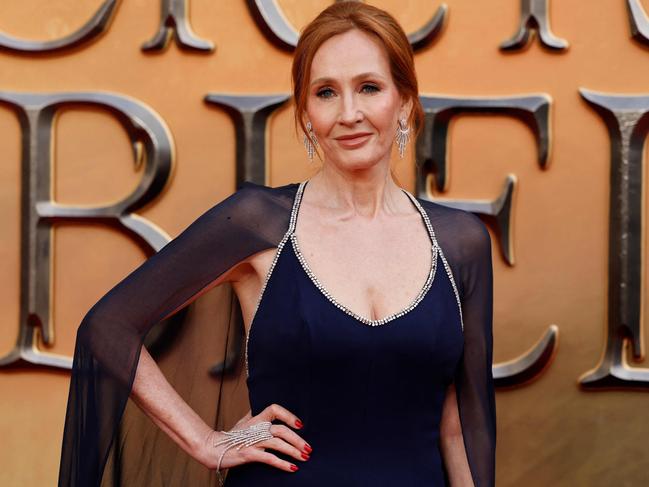
Grover’s attempt to overcome the strictures of the AHRC is a more important campaign to bring some sanity to the morass of gender politics for Australia than even JK Rowling’s in Scotland. Rowling is rich and famous. Her stance is well known and as an author of tweets and articles, and even under Scotland’s draconian new hate speech laws, she is protected, as the recent police decision not to prosecute her after complaints against her has proved. Grover’s situation is far more pertinent for Australia. And perhaps not just for Australia.
In a recent interview with the UK Spectator’s Julie Bindel, Grover seemed somewhat resigned to the idea she might lose her appeal to the Federal Court, a view shared by her supporters. Therefore, there is only one other avenue of appeal for her, which she knows might or might not be heard, and that is the High Court. Grover is quite determined to go to the High Court, but the court has never heard a case like this and it is possibly not within its purview.
Nevertheless, if Grover’s case doesn’t get past the Federal Court, and goes to the High Court, it might not only change the AHRC ruling on this particular gender imbroglio. It could have far-reaching effects on gender anti-discrimination law in Australia and abroad.
Grover is arguing on several levels, including Australia’s obligations to women under the UN Convention on the Elimination of all forms of Discrimination Against Women, ratified by Australia in 1983. She claims in her interview with Bindel that if she eventually wins, it will be an important international win for women’s rights, at least for those parts of the world that, like Australia, have signed up to CEDAW. CEDAW requires participating countries, including Australia, not only to put in place legal, policy and financial measures to protect women from discrimination, but also to uphold their rights. It has been embedded in every part of Australian human rights law.
However, CEDAW was aimed at biological women and ratified by Australia before anyone thought about transgenderism. It was not necessary to define women. Grover is simply arguing that biological women, by virtue of their biology, have the right to protection and some safe and private spaces. She has a point.
After all, men and women are different. We have different life experiences, different health needs and, naturally, different physiognomy. Trans women too have different life experiences from biological females: different medical needs and physiology, very different psychology, and sometimes, even more pressing safety needs.

Grover claims she does not want to discriminate against trans people. The app is not aimed at the complex milieu of trans people but rather at women and girls, who have come to maturity as females as their biology dictates and have their own, different complexities. What is more, it is pretty obvious in all this that men too sometimes need their own spaces, and if Grover wins it will be a victory not just for women but for men too, because her argument rests not on the construction of gender identity, but on the fact of biological sex.
So, a successful outcome of Grover’s Giggle campaign is important for ordinary people who do not toe the newspeak line on “gender” but are afraid to say anything against it. It might put a brake on the gender clinics, like the infamous Melbourne clinic experimenting on children, and hopefully it will stop all the males who become female athletes and the outrage every time one of them wins when real females come second. A Grover win might do that because the law will have to acknowledge the truth: that our biological sex is real.


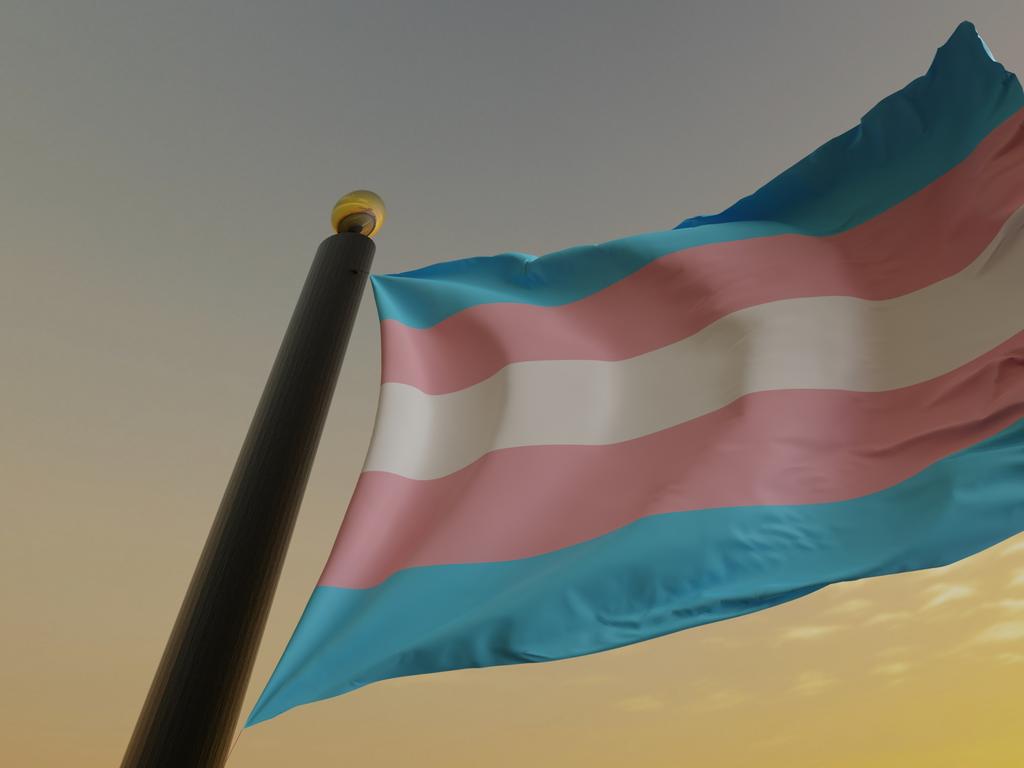
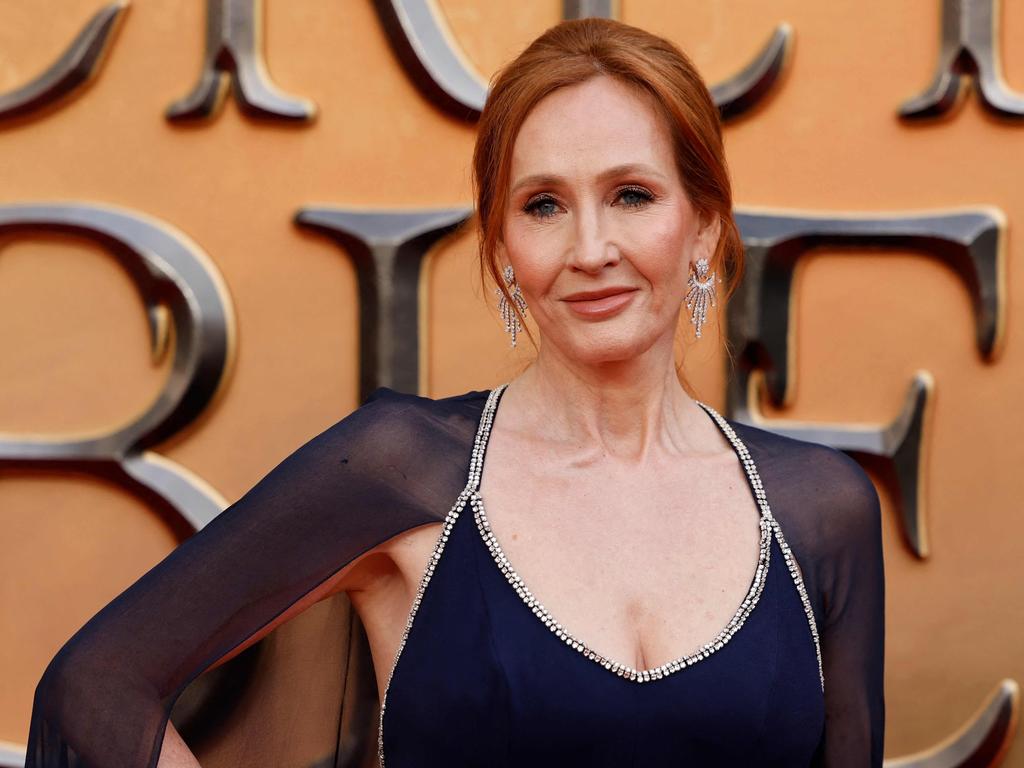
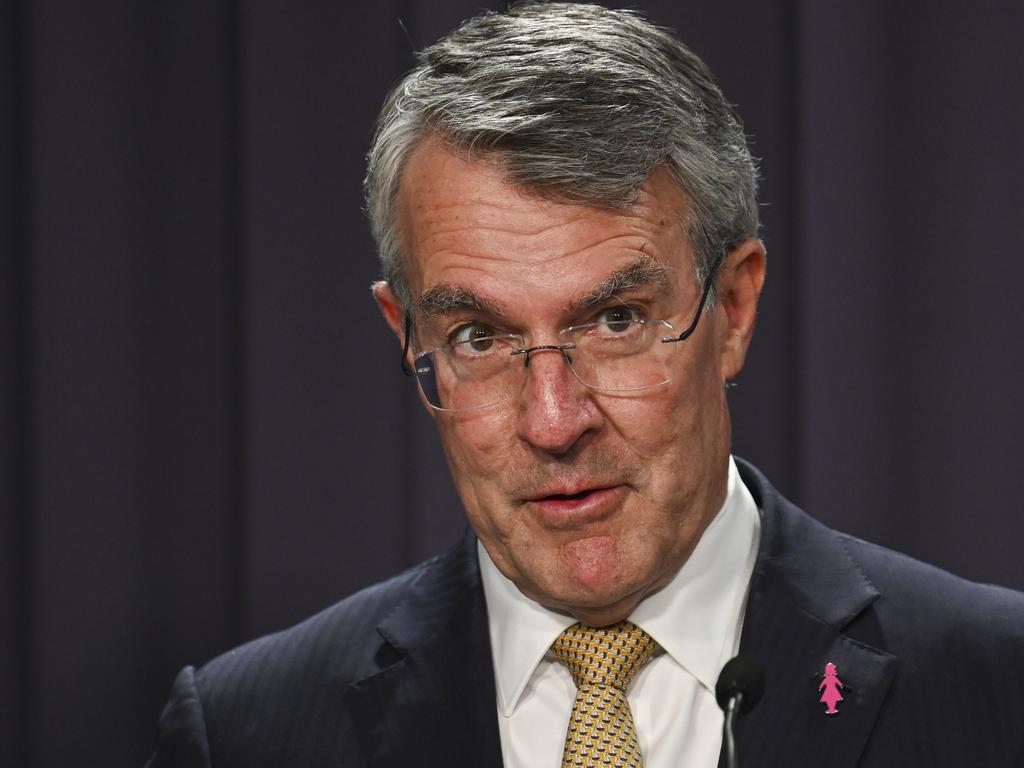


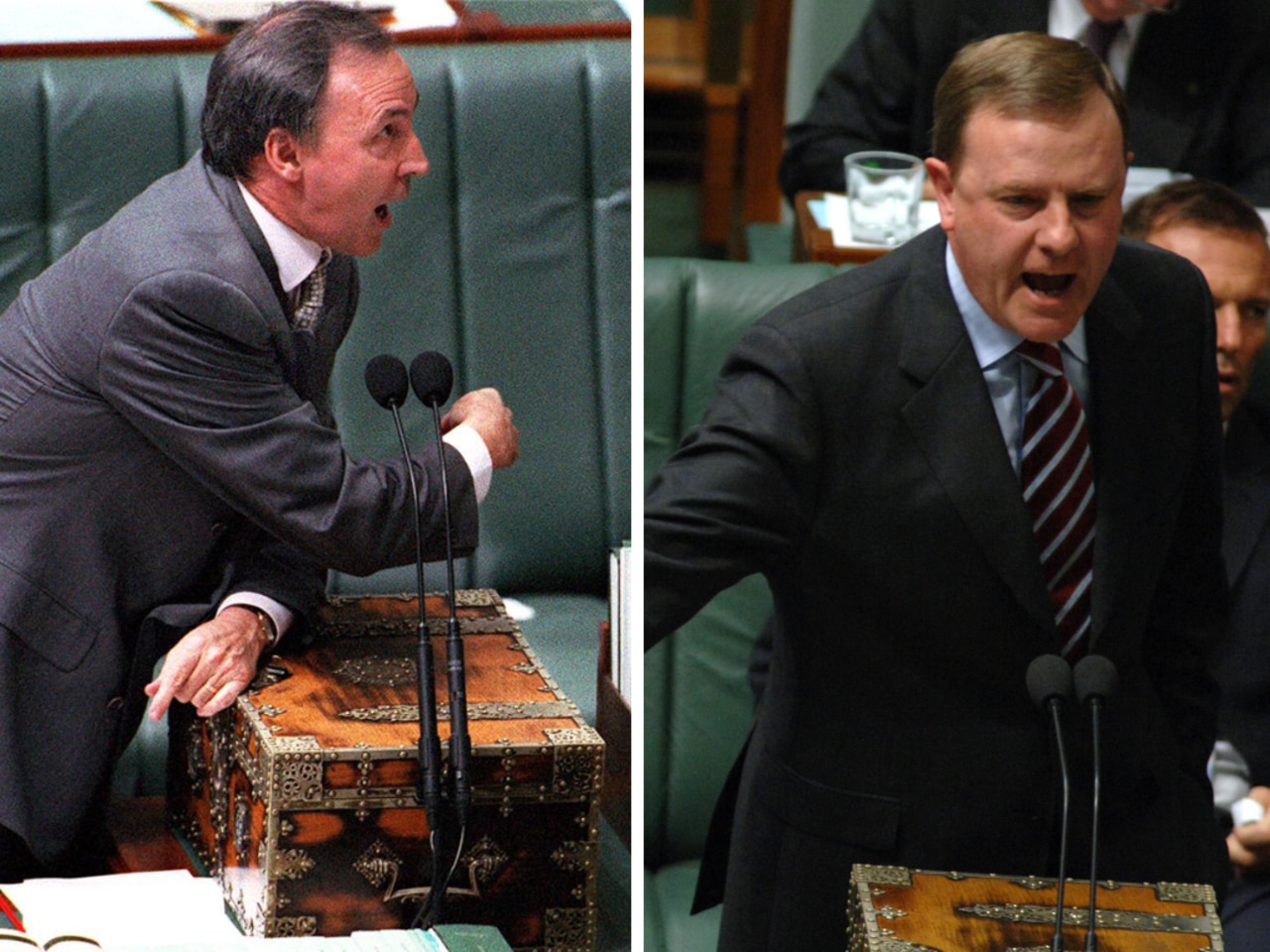
Readers might remember a couple of years ago I wrote about the Tickle-versus-Giggle debacle. Yes, you read that right. It seemed another of those brouhahas that leaves us all with a mixture of astonishment and mirth at the idiocy of modern identity politics. However, now things will not be so humorous. A transgender woman called Roxanne Tickle is taking Giggle for Girls CEO Sall Grover to the Federal Court next week, claiming discrimination on the grounds of gender identity.